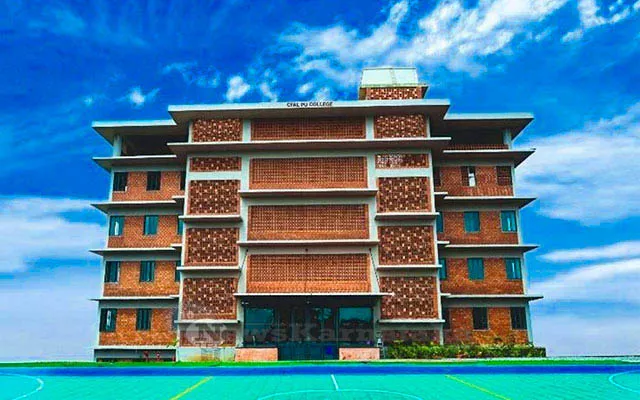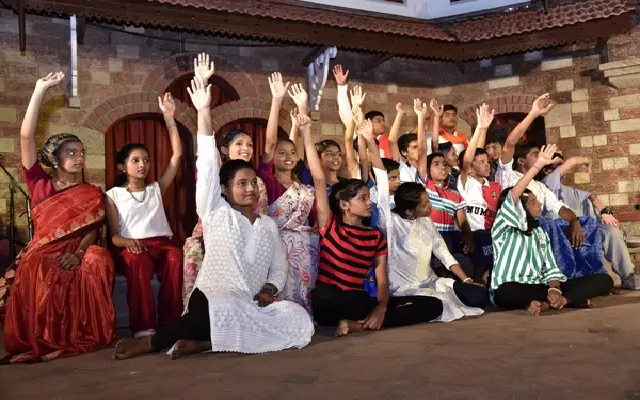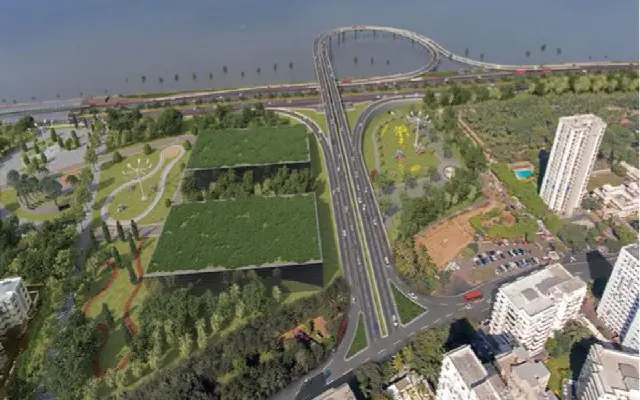
New Delhi: The five judge constitutional bench of the Supreme Court on March 21 raised a few questions in connection with the Centre’s insistence that the people’s data needs to be collected and stored by the government.
A five judge constitution bench of Chief Justice Dipak Misra and Justice Sikri, Justice A M Khanwilkar, Justice D Y Chandrachud and Justice Ashok Bhushan is presently hearing a batch of petitions challenging the constitutional validity of the Aadhaar Act on the touchstone of the fundamental right to privacy.
After some to and fro between the bench and the Attorney General K K Venugopal arguing for the Centre, the latter pointed to the saving of Rs 45,000 Crore that the government “made” by linking different welfare schemes with Aadhaar. The Attorney General quoted former Prime Minister Rajiv Gandhi’s admission that out of every Re 1 allotted by the government, only 15 paise reached the poor.
As he cited the plugging of leakages and eliminating fake beneficiaries of welfare schemes including pension, Justice Chandrachud said that pension is an entitlement that a person or his family (in form of family pension) gets after rendering certain service to the government and the money released under it goes to an individual’s account which can’t be operated by any other person.
Pointing out that the pension is not a subsidy, benefit or service being given by the state requiring its linking with Aadhaar, he cited the example of his family when after his father’s passing away, his mother started getting family pension.
Referring to the Cabinet Secretary’s instruction that people who don’t have Aadhaar should not be deprived of the benefits, Justice Chandrachud asked the Attorney General to tell what steps the government was taking to address the issue of economic exclusion of vulnerable sections.
The bench raised several other contentions to the Centre’s arguments pertaining to the requirement of the collection of the people’s data by the government.
Citing Singapore as an example, where each of the citizens has a unique identification card with all their information stored in a chip card rather than with the state, Justice A K Sikri asked why the Centre wanted to store data when the need was only for the identity of a person to be established.
Telling the court that data in the centralised repository was well protected as the building had a 13-feet-high and five-feet-thick wall, Venugopal said that from 2009 to 2016, when the Aadhaar Act was passed by the parliament, people voluntarily parted with their biometric data. Justice Chandrachud, raising the question as to whether it was an informed consent, said that the people did not surrender their personality or personal data for commercialisation.
Venugopal then raised the argument that the Aadhaar was the solution to governance linked evils such as corruption, leakages and pilferage of benefits under the welfare schemes meant for vulnerable sections of the society and eliminating fake beneficiaries.
Contrasting the right to privacy espoused by the petitioners challenging the Aadhaar with that of the right to physical existence without hunger or living on pavements, he said that every right has two aspects, to which Justice Chandrachud said, “So is privacy not a fundamental right for the poor?”
Both the rights-right to privacy and right to physical existence without hunger-are rooted in the Constitution’s Article 21 guaranteeing right to life and needed to be balanced, he added.
With inputs from IANS
















